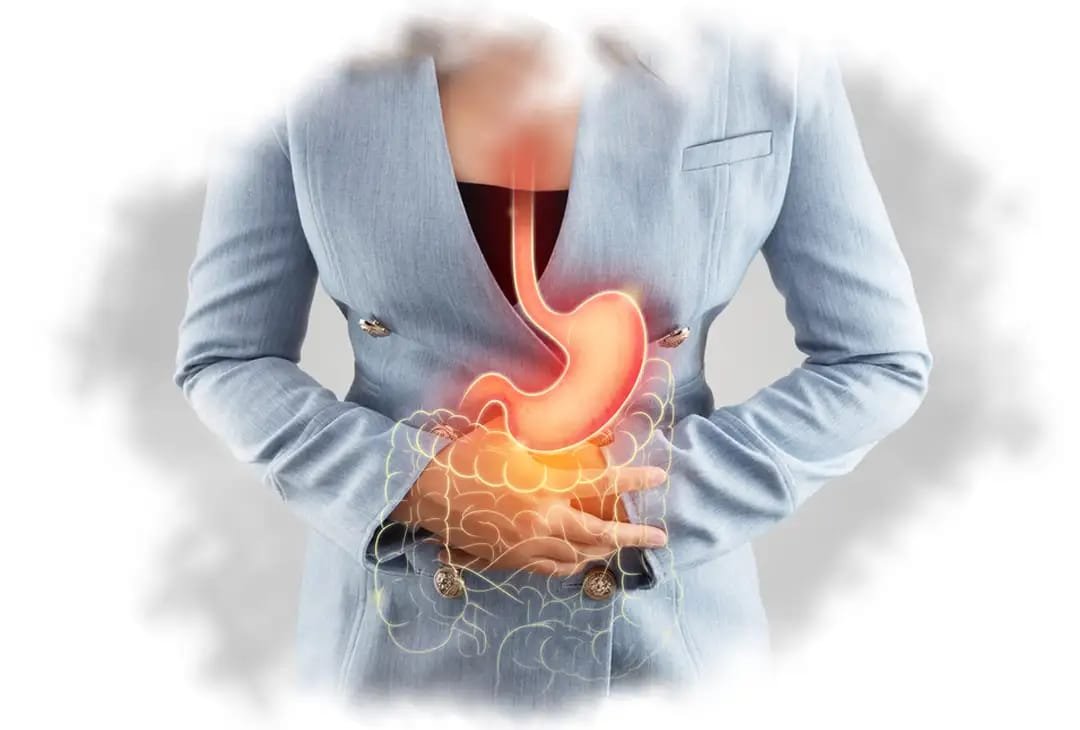- Acidity – Gas- Acidity is a medical condition that is caused due to excess production of acid. This acid is produced by the glands of the stomach. Acidity causes signs such as ulcers in the stomach, gastric inflammation, heartburn, and dyspepsia.
- Constipation- Constipation is a problem with passing stool. Constipation generally means passing fewer than three stools a week or having a difficult time passing stool. Constipation is fairly common. A lack of dietary fiber, fluids and exercise can cause constipation
- Piles- Piles also known as hemorrhoids refers to the swollen veins in anus and lower rectum. They can develop inside the rectum (internal hemorrhoids) or skin around the anus (external hemorrhoids). The common symptoms of piles include bleeding and pain during passing the stool, presence of lumps in the anal area, and feeling of incomplete defectaion.
- Colitis- Colitis is inflammation in your colon, which is the main part of your large intestine. Your colon is the last leg of the journey your food takes through your digestive system. Inflammation in your colon can affect the way this journey ends, causing pain, diarrhea and sometimes blood in your stool.
- Gastric Ulcer- Stomach ulcers (gastric ulcers) are open sores that develop on the lining of the stomach. Ulcers can also occur in part of the intestine just beyond the stomach. These are called duodenal ulcers. Stomach and duodenal ulcers are sometimes called peptic ulcers. This information applies to both
- Dysentery- Dysentery is a gastrointestinal disease. Its causes include bacterial or parasitic infections. Symptoms include diarrhea, fever, nausea, vomiting, weight loss and stomach cramps. Your healthcare provider can diagnose dysentery with a stool culture.

